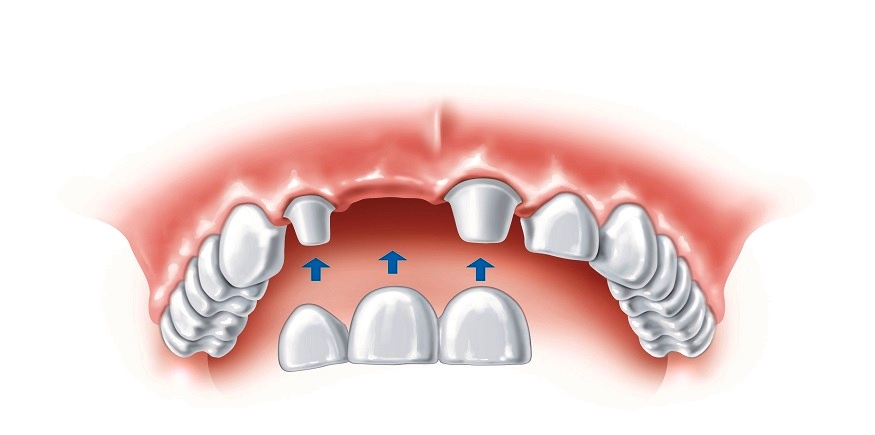If you have any missing teeth, or it is inevitable that you are going to have to have one or more teeth extracted, then it should reassure you to know that there are several options available for you to replace those teeth. These options range from dental implants on one end of the scale with respect to longevity and cost, to dentures at the other, and of course, there are other possibilities in-between.
One piece of advice we hope you will take on board is that your decision with respect to replacing missing teeth should not be made in haste. Bear in mind, your decision could be one that you have to live with for years. Instead, you should carefully weigh up the pros and cons of each, and also take into account the financial implications of your selection given that there is a huge difference in the costs across all your options.
To start along the path of deciding what tooth replacements you finally opt for, we are going to provide you with a brief outline of five of the main options that are available. We hope you find it helpful.
Option #1: Dentures
The option that most people have heard of simply because it is the most popular. Dentures are basically imitation teeth, usually made from acrylic or other plastic material. The ‘teeth are mounted on a moulding that is designed to fit snuggly on the gums.
Dentures can be used to replace an entire set of top and/or bottom teeth. Where just a few teeth are missing the structure will be much smaller and is called a partial denture. In most cases, dentures are the cheapest option.
Option #2: Fixed Bonded Bridge
Not to be confused with a traditional bridge that uses crowns, a fixed bonded bridge is often used when the patient has lost multiple front teeth and wishes to restore their smile. In order to be suitable for a fixed bonded bridge, you must still have a real tooth on either side of the gap to help hold it in place.
The advantages of this option are that it looks natural, it is cost-effective, and unlike dentures, there is no need to remove your bridge when sleeping or cleaning your teeth.
Option #3: Implant Supported Dentures
Whereas normal dentures require some form of denture adhesive to hold them in position, as the name suggests, implant-supported dentures are held in place by implants which are secured to your jawbone. This obviously means that your bone structure and strength must be sound. They tend to be used when a full set of teeth need to be replaced and unlike normal dental implants which are fixed, implant support dentures are removable
Option #4: Dental Implants
Dental implants are used to replace individual teeth, although a single treatment can be used to replace multiple teeth at the same time. The implants are secured used titanium screws which are fixed into your jawbone, and this makes this option one that has one of the longest lifespans. With that longevity comes a premium price and it is not unusual for treatments to cost well over $10,000. However, for many that is a price worth paying for a long-term solution to missing teeth.
Option #5: Full-Arch Dental Implants
This dental implant is one where, instead of individual teeth being replaced, the entire arch is replaced. Again, if you can afford it, this gives you one of the most comfortable and long-lasting solutions available, and your daily dental care routine is the same as it would be for natural teeth.

